Gender-inclusive mangrove restoration
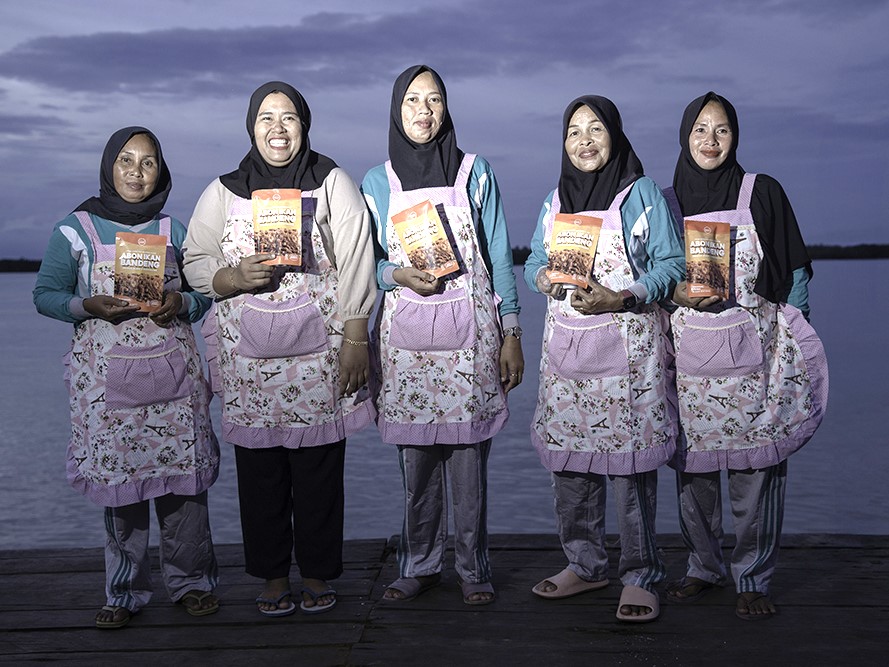
Women making milkfish floss. Credit - YKAN.
Gender-inclusive approach to mangrove restoration: Building ecosystem balance and community welfare
As the country with the largest mangrove area in the world, Indonesia has 23% of the world’s mangroves - around 3.9 million ha.. One of the regencies with the largest mangrove ecosystem in Indonesia is Berau Regency, East Kalimantan, with 86,043 ha.
The mangrove ecosystem in Berau Regency remains under significant pressure from various human activities, including the expansion of aquaculture ponds, illegal logging, unsustainable tourism practices, and infrastructure development. By 2019, approximately 11,237 ha, or 13% of the total mangrove area in Berau, had been converted into shrimp and milkfish ponds. The continuation of such unsustainable aquaculture practices poses a dual threat: it jeopardises the environment and undermines the livelihoods of vulnerable coastal communities, particularly women’s groups and other marginalised communities.
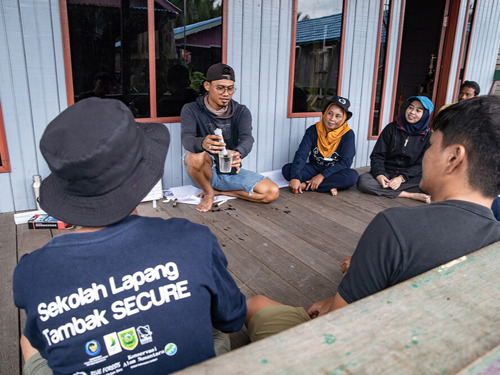
Mangrove restoration and the role of the GESI approach
In addition to its environmental consequences, the degradation of the mangrove ecosystem significantly affects coastal communities, particularly women and other vulnerable groups. Women, who often serve as processors of marine catches or aquaculture products, are highly reliant on resources provided by coastal ecosystems. Consequently, the destruction of mangrove areas reduces their access to these critical resources, directly impacting their household economies and overall livelihoods.
The SECURE (Shrimp-Carbon Aquaculture) project, initiated by the Yayasan Konservasi Alam Nusantara (YKAN), aims to incorporate the principles of Gender Equality and Social Inclusion (GESI) into its mangrove restoration initiatives.
In essence, the SECURE initiative represents a strategic approach to enhancing coastal resilience by restoring 50–80% of pond areas to their natural mangrove state. The remaining land is allocated for aquaculture activities, employing improved and environmentally sustainable management practices aimed at optimising production.
Understanding that conservation will not succeed without improving the welfare and livelihood of people living within the mangrove ecosystem, the project actively engages women’s groups in three demonstration villages in utilising by-products from shrimp and milkfish ponds. They receive training to process these aquaculture products into value-added goods, such as shredded fish and fish crackers. This initiative not only enhances their technical skills but also provides them with knowledge on marketing strategies, product packaging, and business permit management, empowering them to contribute more effectively to household and community economies.
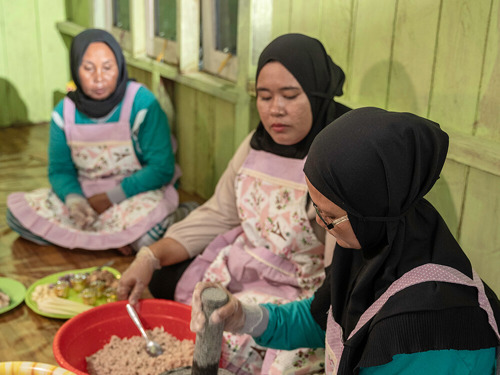
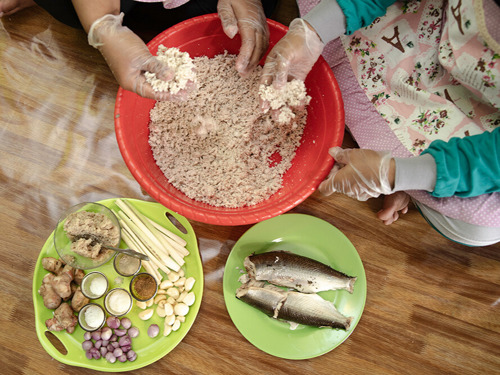
As a result, women’s groups not only generate additional income but also assume a more significant role in contributing to the family economy. A socio-economic survey that was conducted shows 12% increase in income for aquaculture farmers and an average 40% increase for women's groups compared to the baseline. The notable rise in average women’s groups’ income is due to additional members joining in who did not originally have any income stream, into now having additional income.
In addition to engaging women’s groups, the GESI aspect of the SECURE project also includes other vulnerable groups, such as economically disadvantaged fish farmers, in the mangrove restoration process. By designating up to 80% of pond areas for mangrove restoration, the project fosters a healthier environment while enhancing pond productivity. In several instances, ponds redesigned using the SECURE methodology have demonstrated superior outcomes compared to traditional aquaculture practices. Some aquaculture farmers reported that they feel encouraged by the SECURE programme, prompting them to activate their idle ponds for cultivation.
 Woman makes crackers from milkfish. Credit - YKAN.
Woman makes crackers from milkfish. Credit - YKAN.
This mangrove restoration initiative seeks to raise awareness about the importance of sustainable biodiversity while simultaneously enhancing the economic well-being of local communities. Healthy mangrove ecosystems not only offer natural protection against potential disasters, but also play a critical role in maintaining air quality and providing habitats for various organisms that contribute to the success of aquaculture activities.
The GESI principle-based approach guarantees that the benefits of initiatives are distributed equitably across all societal groups, including those that are typically marginalised. The SECURE project serves as a compelling example of how environmental conservation can coexist with social equity. Through the active involvement of women and vulnerable communities in mangrove restoration efforts, the project fosters a model of poverty reduction that simultaneously safeguards the environment and enhances the well-being of local communities.
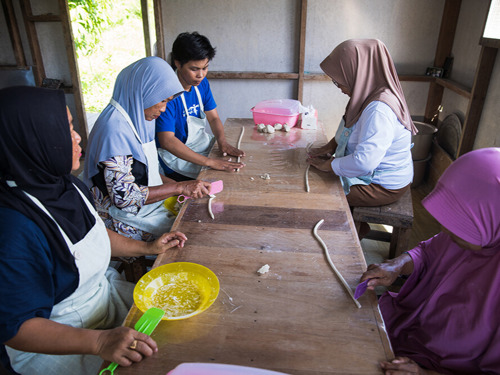
Written by Adia Puja Pradana and Mariski Nirwan. For more information on this Darwin Initiative Main project 29-029, led by YKAN - Yayasan Konservasi Alam Nusantara, please click here.
 Back
Back